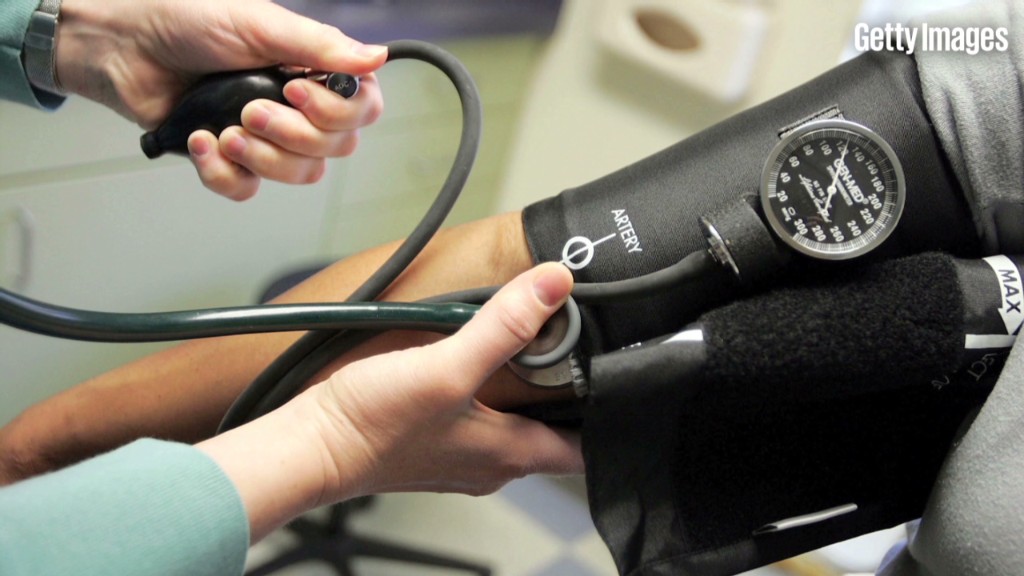
If you have loads of medical debt in collections, you could see your credit score go up soon.
FICO, the nation's top credit score provider, is introducing a new scoring model this fall where medical debt in collections will have less of an impact on a consumer's credit score than it currently does.
The median FICO score for people who have only unpaid medical debt on their report will jump by about 25 points, the company said Thursday.
Related: 1 in 3 adults have debt in collections
"This underscores that medical obligations are very different than any other kind of obligations because consumers don't choose to incur hospital debt -- it's a very different type of risk posed by a consumer when they default on that type of debt," said John Ulzheimer, expert at CreditSesame.com.

The change means that many consumers drowning in medical bills they can't pay will look less risky to lenders -- and will likely be able to qualify for better rates and deals.
But if you have other kinds of unpaid debt in addition to medical debt, you will likely see a smaller increase in your score -- if any at all.
Related: Credit card issuers urged to provide free credit scores
"It's going to be either neutral or helpful to everyone," said Ulzheimer.
Another change to the way it calculates scores: FICO will begin ignoring debt in collections that has been completely paid off or settled. Currently, debts that go into collections, even if they are paid off, are factored into all credit scores for up to seven years.
This is a move VantageScore, the scoring model created by credit bureaus Experian (EXPGF), Equifax (EFX) and TransUnion -- announced last year.
